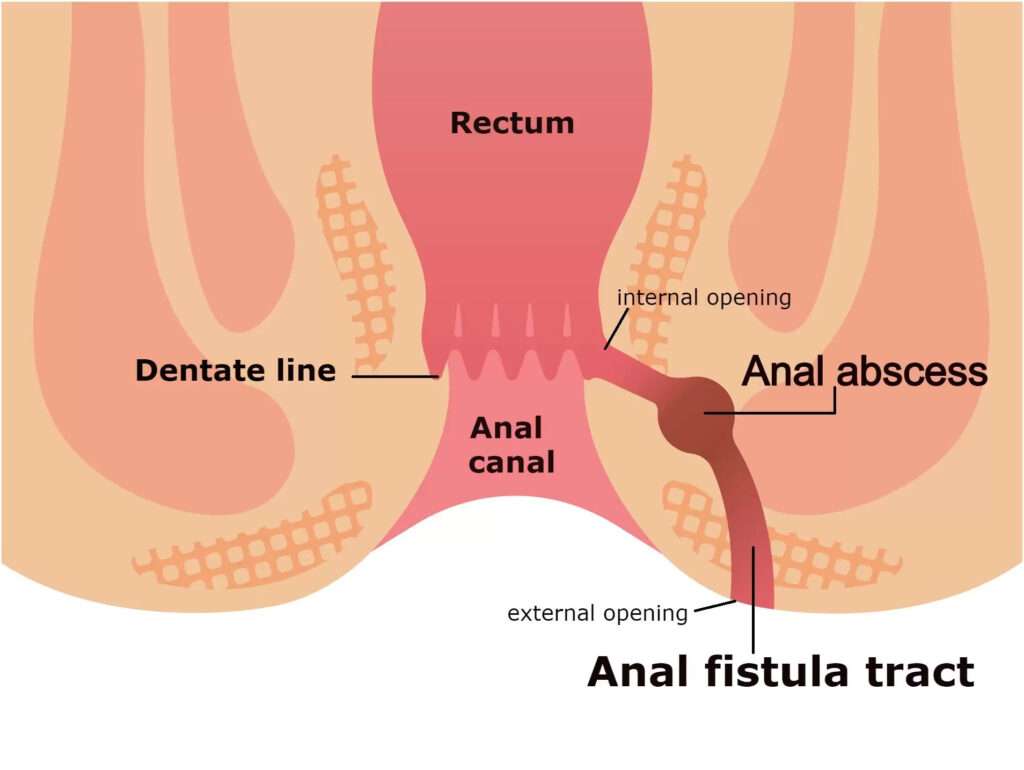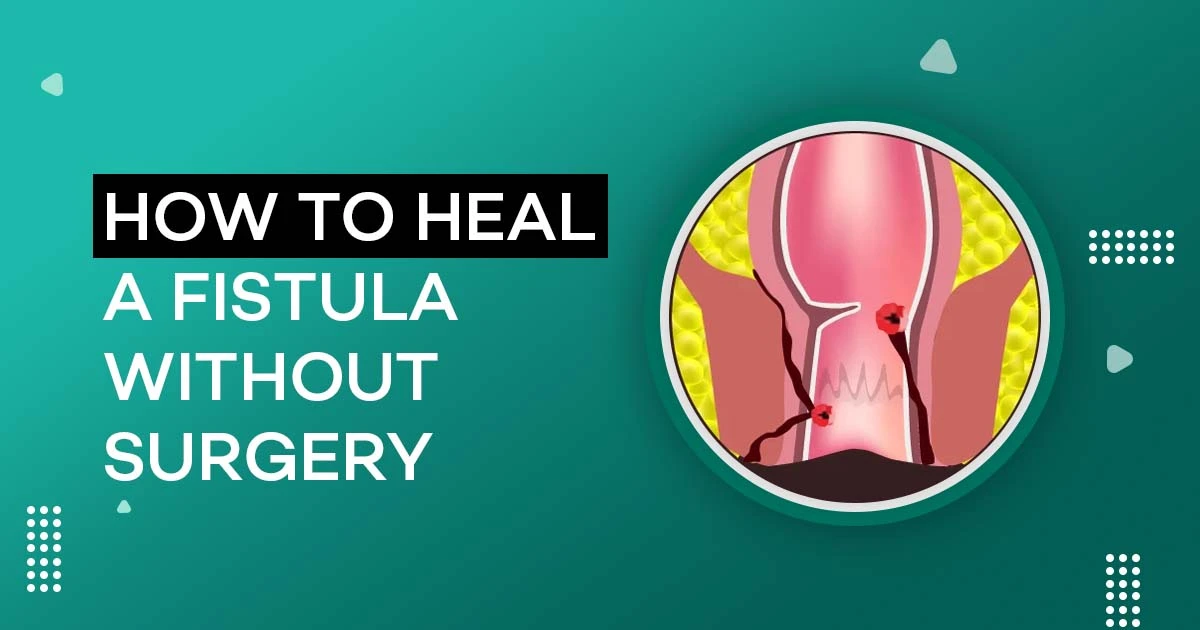How to heal a fistula without surgery involves exploring natural remedies that may support the body’s healing process and ease discomfort. A fistula is a small tunnel that forms between the skin and an internal organ, commonly around the anal area but also in other parts of the body. While surgery is often the definitive treatment, some people find relief through home-based methods. Warm sitz baths, a fiber-rich diet, and soothing topical treatments like coconut oil or aloe vera gel can be beneficial. Maintaining proper hygiene, reducing stress, and making healthier lifestyle choices may also encourage natural healing and help manage symptoms effectively.

Dr Abdullah Iqbal Offered Piles Treatment in Karachi
Understanding How to Heal a Fistula Without Surgery
While surgery is often necessary to treat fistulas, many people look for less invasive options first. If you’re wondering how to heal a fistula without surgery, certain natural methods may provide relief and support healing—especially when the fistula is in its early stages or less severe.
Natural Remedies for Healing
Warm Sitz Baths:
Soaking in warm water can help reduce pain and discomfort associated with fistulas. Adding Epsom salts or witch hazel to the bathwater may provide additional relief and promote healing.
Dietary Changes:
Eating fiber-rich diets helps relieve constipation and reduce effort during defecation, which can worsen fistulas. Eating more fruits, vegetables, whole grains, and beans helps reduce anal pressure and promote consistency of bowel movements.
People Also Ask: Difference Between Piles Fissure and Fistula
Topical Treatments:
Aloe vera, calendula cream, and coconut oil are some of the natural remedies that can be used for the affected area. These will encourage healing and reduce inflammation. These components are endowed with antibacterial and anti-inflammatory characteristics, which can lead to the regeneration of your damaged tissues.
Herbal Suppositories:
One such method includes the use of herbal suppositories. These suppositories, made with natural ingredients like chamomile or tea tree oil, are believed by some practitioners to help reduce inflammation and support healing around the anal area. It’s important to use these only under the supervision of a qualified naturopathic physician to ensure safety and proper application.
Lifestyle Changes:
Hygiene Practices:
Lifestyle changes also play a vital role in managing and improving fistula symptoms. Good hygiene is crucial—keeping the anal area clean at all times can lower the risk of infection and promote recovery. After using the toilet or taking a shower, gently clean the area using unscented soap and pat it dry with a soft towel.
Avoiding Constipation:
Another important factor is avoiding constipation. When bowel movements are strained or irregular, it can make fistula symptoms worse. Drinking plenty of water, staying physically active, and including fiber-rich foods in your meals are key. In some cases, your doctor may also suggest using fiber supplements or gentle stool softeners.
Managing Stress:
Don’t underestimate the impact of stress. Chronic stress can weaken your immune system, making it harder for your body to heal. Incorporating relaxation techniques like deep breathing, yoga, or meditation can help reduce stress levels and encourage overall healing.
While these natural remedies and lifestyle changes may not replace surgery for more serious cases, they can be valuable tools in managing symptoms and possibly preventing the condition from worsening. Always consult a medical professional before beginning any treatment plan.
When to Seek Medical Advice
Even though many people look into how to heal a fistula without surgery through natural remedies, herbal solutions, and lifestyle changes, it’s essential to remember that not all cases can be treated this way. Consulting a medical professional is crucial—especially if your symptoms persist or worsen. A proper evaluation ensures an accurate diagnosis and a personalized treatment plan that fits your condition.
In most cases, especially when natural methods aren’t enough, medical procedures are necessary for lasting results. Today, Dr. Abdullah Iqbal, the best laser proctologist in Karachi, recommends minimally invasive laser treatment over traditional surgery. Laser techniques offer faster recovery, less pain, and better outcomes.
If you’re suffering from a fistula, don’t delay your care. Reach out to Dr. Abdullah Iqbal for expert advice and a long-term, effective solution.
- Gallstone surgery – When Is It Safe? - April 25, 2025
- Fistula Laser Treatment in 7 Easy Steps – A Minimally Invasive Method - April 25, 2025
- Breeky Tablet Uses & Side Effects: Benefits and Risks Explained - April 25, 2025

